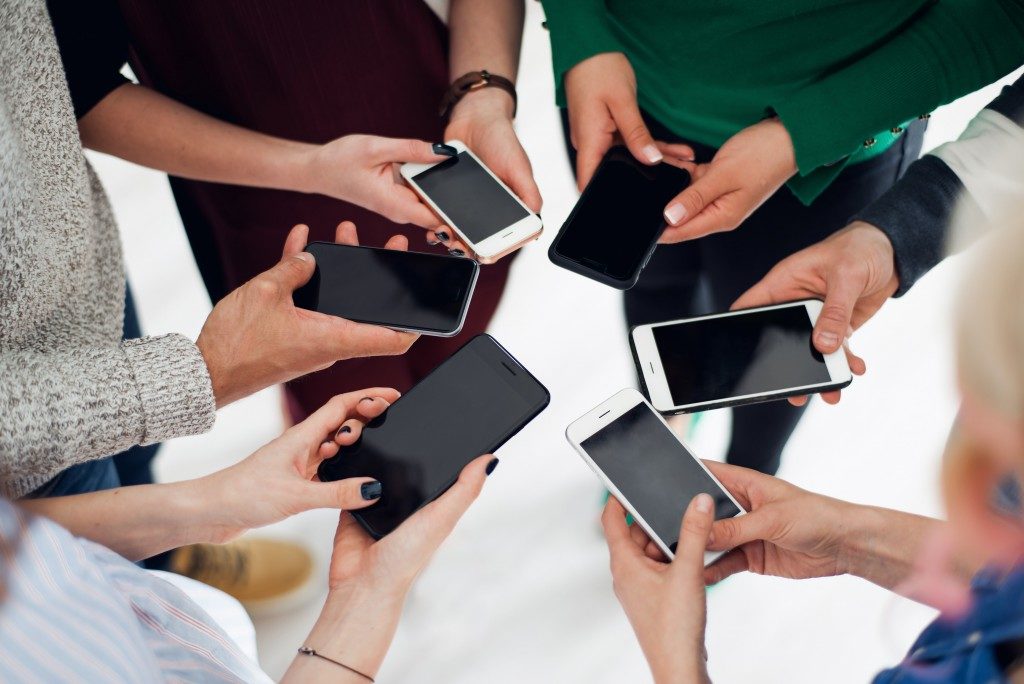Smartphones are practically a necessity in the digital age. You may find it difficult to go through your day-to-day activities without the help of your phone. You may not even last an hour without taking a peek at your smartphone. So when it breaks, it’s understandable that you’ll feel flustered. Especially because some devices require a lengthy and stressful procedure before you can get them fixed.
Good news. You don’t have to endure the complex process of getting your phone repaired.
The Need for Right to Repair
The right to repair bill requires manufacturers to make replacement parts, diagnostic software, and repair manuals available to the public. This will give owners access to the necessary tools and information on how to fix their devices.
One of the brands that is infamous for its breakable products is Apple. As the iPhone design gets slimmer, it also becomes more delicate and prone to breakage. Since it’s made of glass and thin metal, the iPhone has no shock absorption. Even a short fall can cause the screen to shatter.
Even though the iPhone is one of the most breakable products, it’s also not the easiest to fix. The parts are glued together, which causes some of the components to break when the owner or a technician tries to pry them apart. The iPhone uses pentalobe screws that require special screwdrivers. And lastly, the battery, which is a common problem for iPhones, is secured inside with an adhesive, making it difficult to replace without special tools.
Even if you don’t attempt to repair your iPhone yourself, having it fixed is still difficult. The standard Apple warranty doesn’t include accidental screen breakage, which is one of the most common iPhone damage. Also, having a third-party technician fix your phone may void your warranty. This may cause problems later on when you decide to go to an official Apple repair center.
Although it has some of the most breakable products, Apple is actively lobbying against the right to repair legislation. Its primary reason for going against the proposed bill is the fear of exploding batteries should consumers attempt to repair their own iPhones.
Repair, Not Replace

Having the right to repair legislation removes these problems for device owners. They’d be more capable of safely opening the device, removing components, and replacing broken parts if they have the information and equipment to do so.
The right to repair also encourages consumers to fix their broken devices instead of purchasing new ones. Electronic waste, which comprises discarded phones, computers, and circuit boards, is a big problem for the US. But less than a quarter of the country’s e-waste undergoes recycling. The right to repair can help alleviate this problem.
Also, both independent repair centers and phone repair franchises can benefit from this legislation. They can buy replacement parts and repair manuals to improve their craft and more easily perform their jobs. This also opens up opportunities for those who are skilled in tinkering with electronics, since it’s easier for them to set up their own shop.
Currently, 20 states are considering the right to repair bill.
The right to repair bill will address the common problems of device users. It will encourage them to prolong the lifespan of their gadgets and refrain from repurchasing frequently. The right to repair can also help the country adapt to society’s evolving ways and lifestyles. This will not only benefit consumers, but it will also help create a more sustainable environment.




